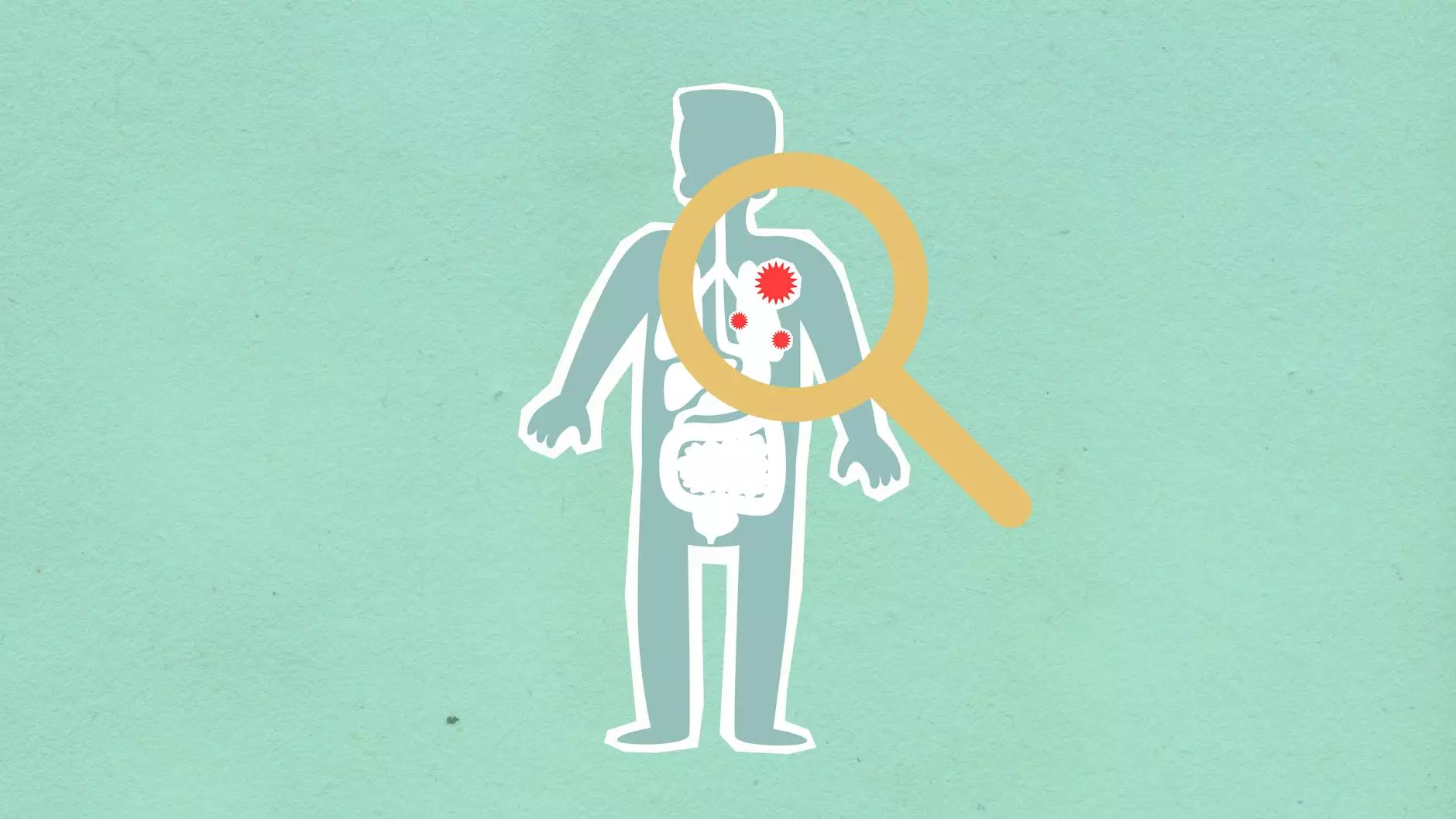Can You Get a Hernia From Coughing?
Blog
Welcome to Regency Square Care Center's article on hernias and the possibility of developing one from coughing. In this comprehensive piece, we will explore the relationship between coughing and hernias, focusing on the geriatric and aging care aspect. Our aim is to provide informative content that not only answers this common question but also offers valuable insights into hernias and aging care in general.
The Anatomy of a Hernia
Before diving into the connection between coughing and hernias, it's essential to understand what a hernia is. A hernia occurs when an internal organ, such as the intestines, pushes through a weak spot or opening in the muscle or tissue that surrounds it. This leads to a visible bulge or lump, which can often be felt and may cause discomfort or pain.
Hernias can develop in various parts of the body, with some common types including inguinal (groin), umbilical (belly button), hiatal (upper stomach), and incisional (resulting from prior surgical incisions). While hernias can affect people of all ages, they become more prevalent in older adults due to the natural weakening of muscles and tissues as we age.
The Impact of Coughing on Hernias
Many people wonder whether coughing can cause a hernia, particularly if they experience a hernia soon after a severe coughing episode. While it's not common for a single cough to directly cause a hernia, persistent and forceful coughing can contribute to the development or worsening of an existing hernia.
When you cough forcefully or frequently, there is an increase in intra-abdominal pressure. This pressure can put strain on weakened muscles and tissues, potentially leading to a hernia. Additionally, chronic coughing can exacerbate an existing hernia by putting repetitive stress on the area.
It's important to note that not all cases of hernias are a result of coughing, and there are several other factors to consider. These include age, genetics, obesity, heavy lifting, and pregnancy. If you are experiencing symptoms of a hernia or are concerned about its development, we recommend seeking medical advice from a healthcare professional.
Geriatric and Aging Care for Hernias
For older adults who have been diagnosed with a hernia or are at a higher risk, specialized geriatric and aging care is crucial in managing the condition effectively. At Regency Square Care Center, we understand the unique needs of the elderly population and provide comprehensive care services tailored to their well-being.
Our team of experienced healthcare professionals, including geriatric specialists, works closely with individuals to develop personalized care plans that address their specific hernia-related concerns. This may involve a combination of non-surgical interventions, lifestyle modifications, and, in some cases, surgical options.
We prioritize the comfort and dignity of our residents throughout their care journey, ensuring that their overall health and quality of life are our top priorities. Our dedicated staff is trained to provide compassionate and skilled care, reducing the impact of hernias on daily activities and promoting optimal aging.
Conclusion
In conclusion, while a single cough may not directly cause a hernia, persistent and forceful coughing can contribute to their development or exacerbate existing hernias. Understanding the relationship between coughing and hernias is crucial, especially in the context of geriatric and aging care.
Regency Square Care Center is committed to providing valuable information and comprehensive care services for older adults dealing with hernias. We prioritize their individual needs and strive to enhance their overall well-being through our specialized geriatric and aging care expertise.
If you have any questions or concerns regarding hernias, coughing, or geriatric care, please do not hesitate to reach out to us. Our knowledgeable team is always here to support you and provide the guidance you need.










